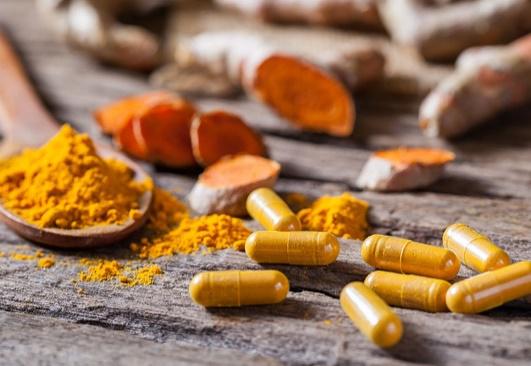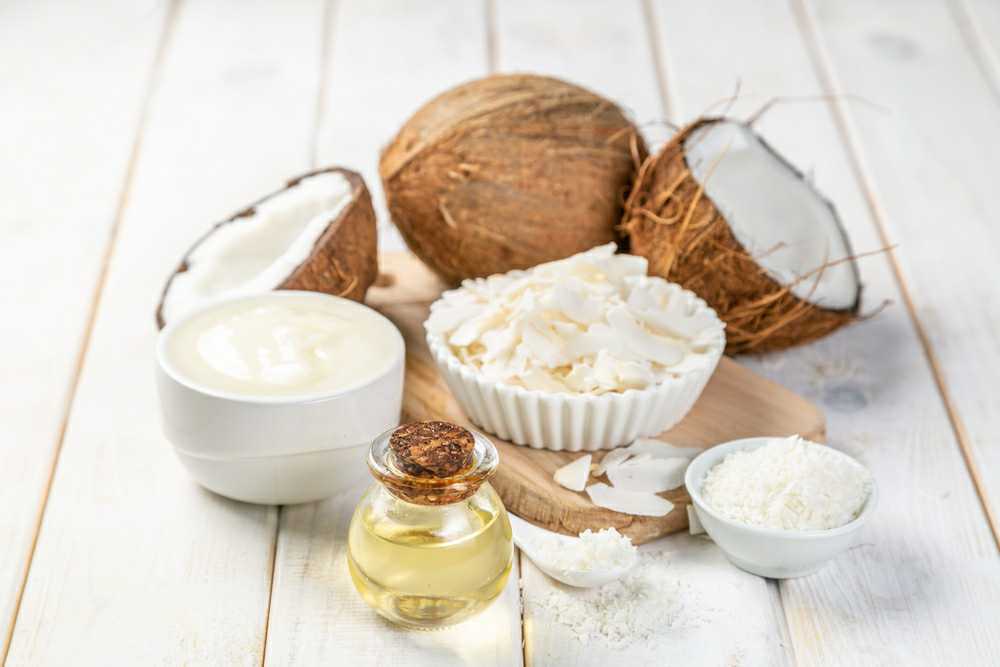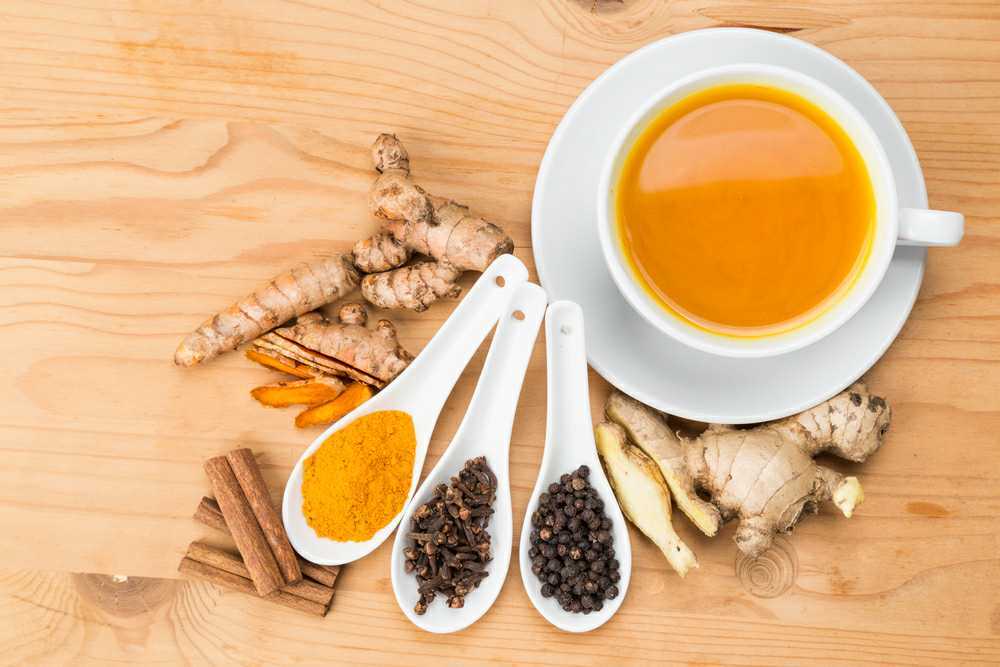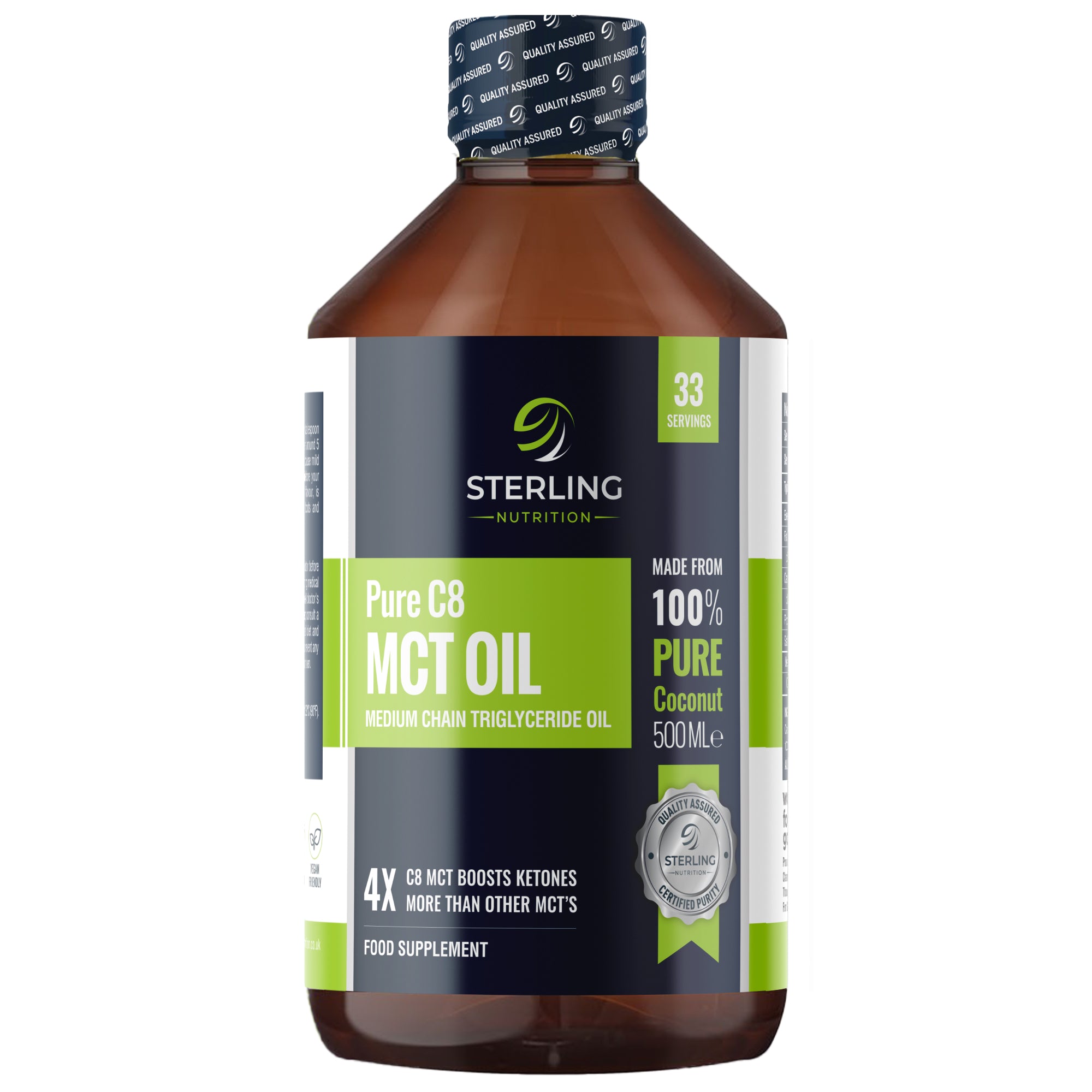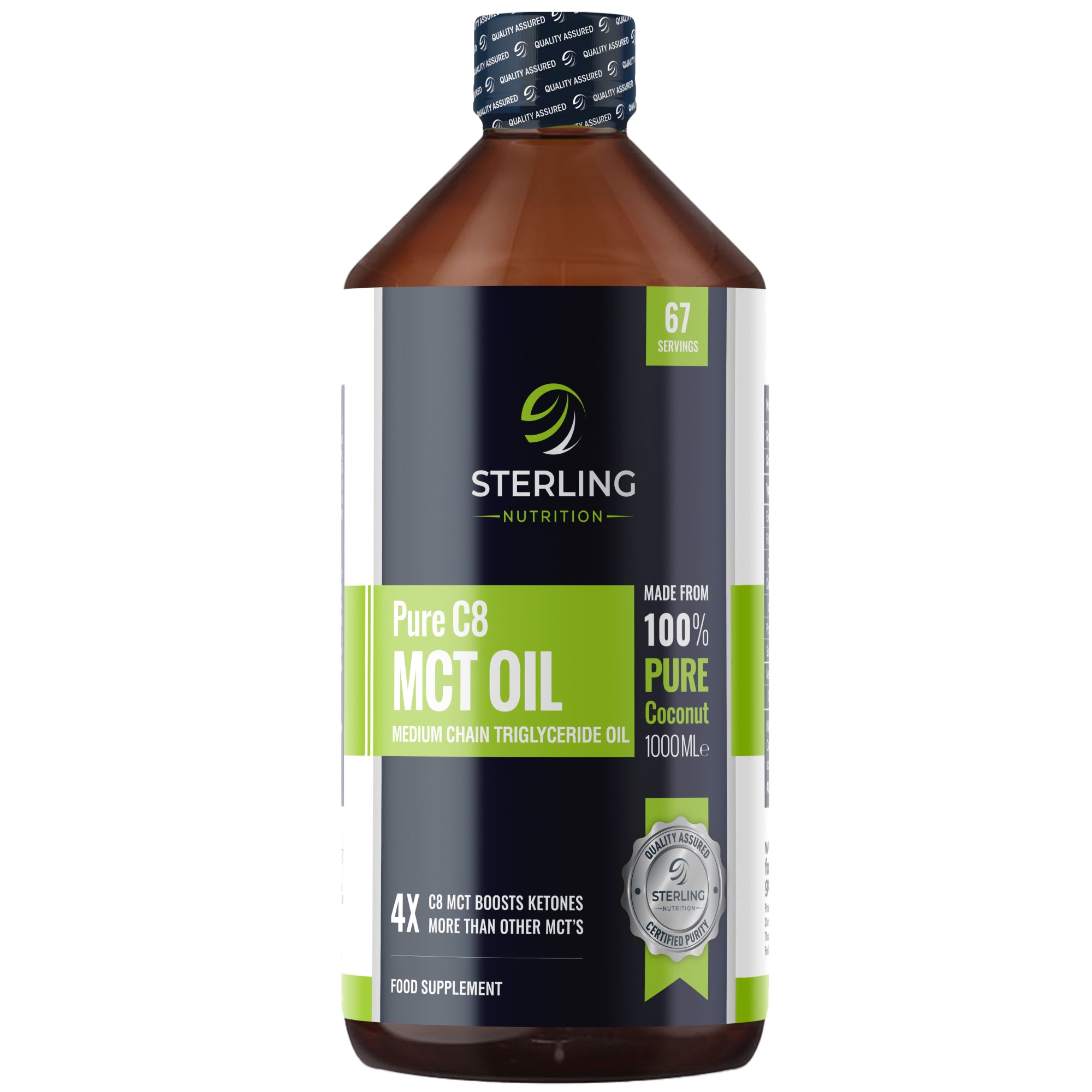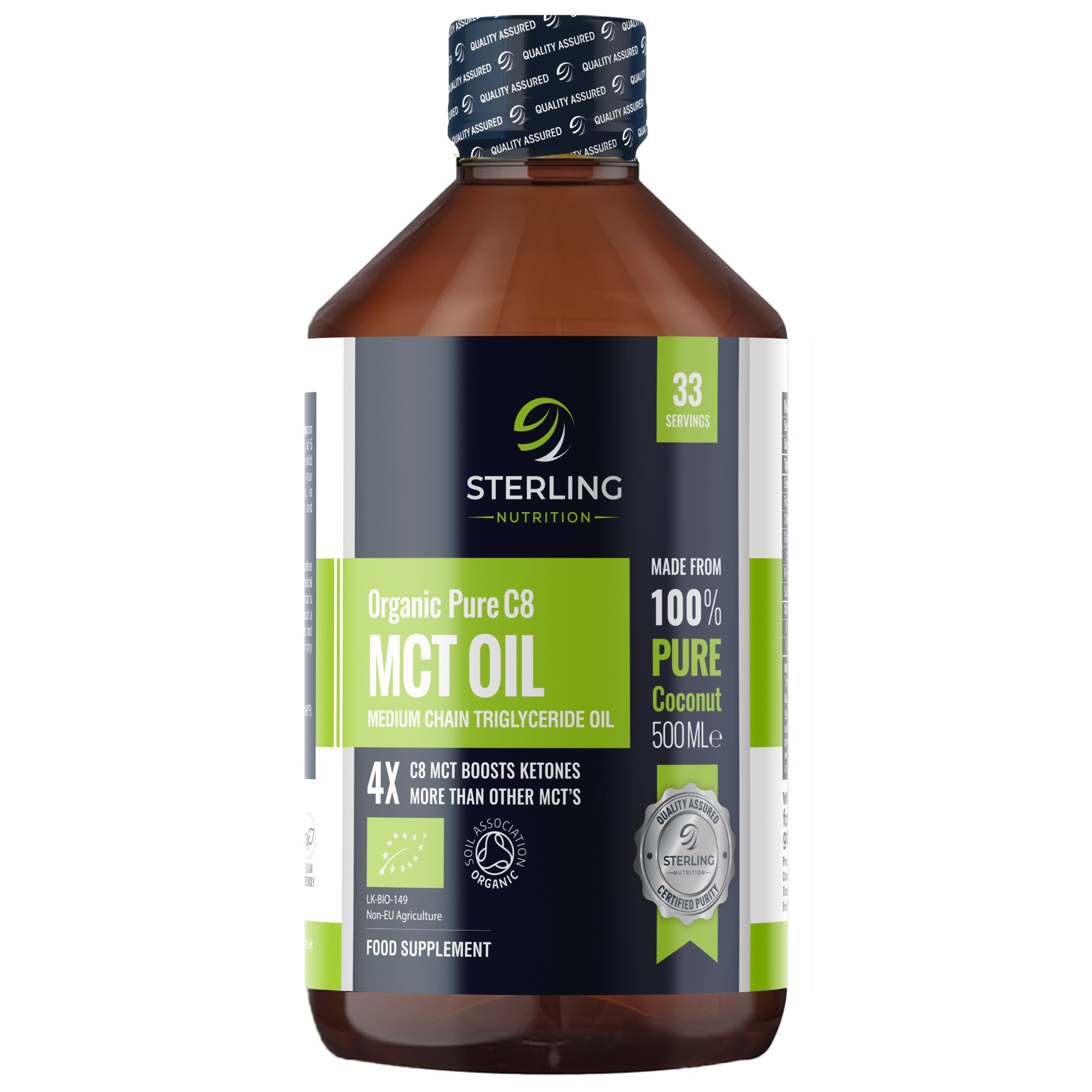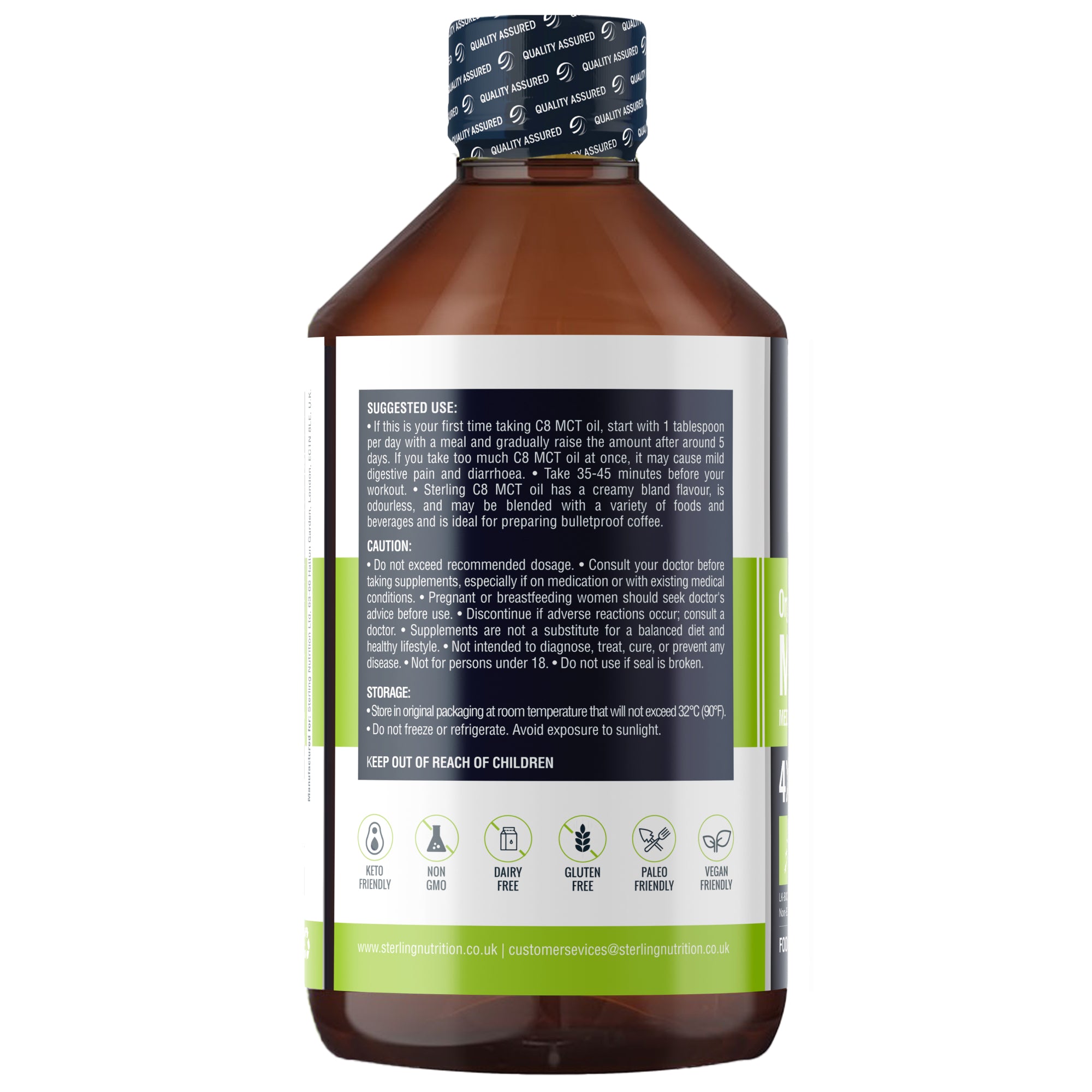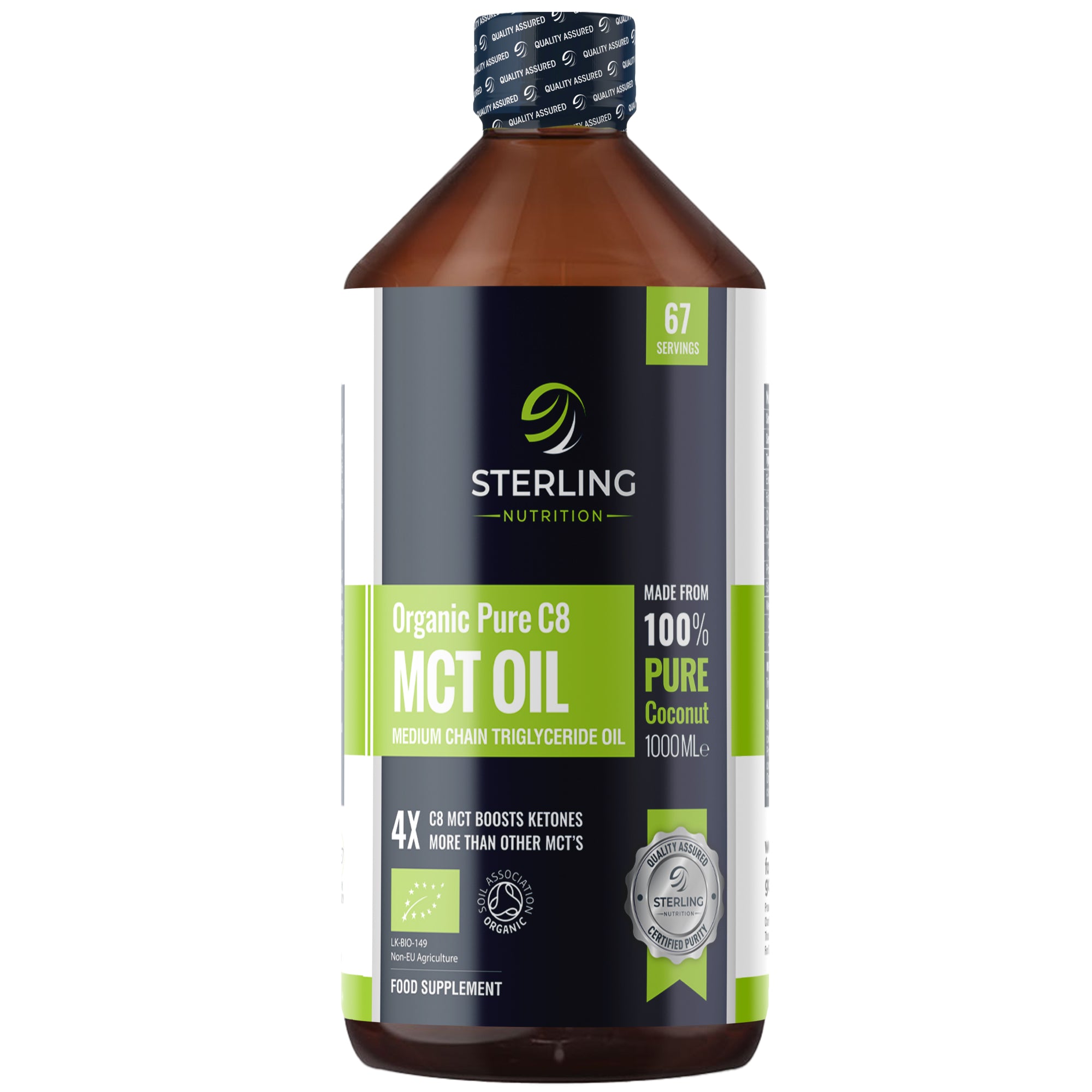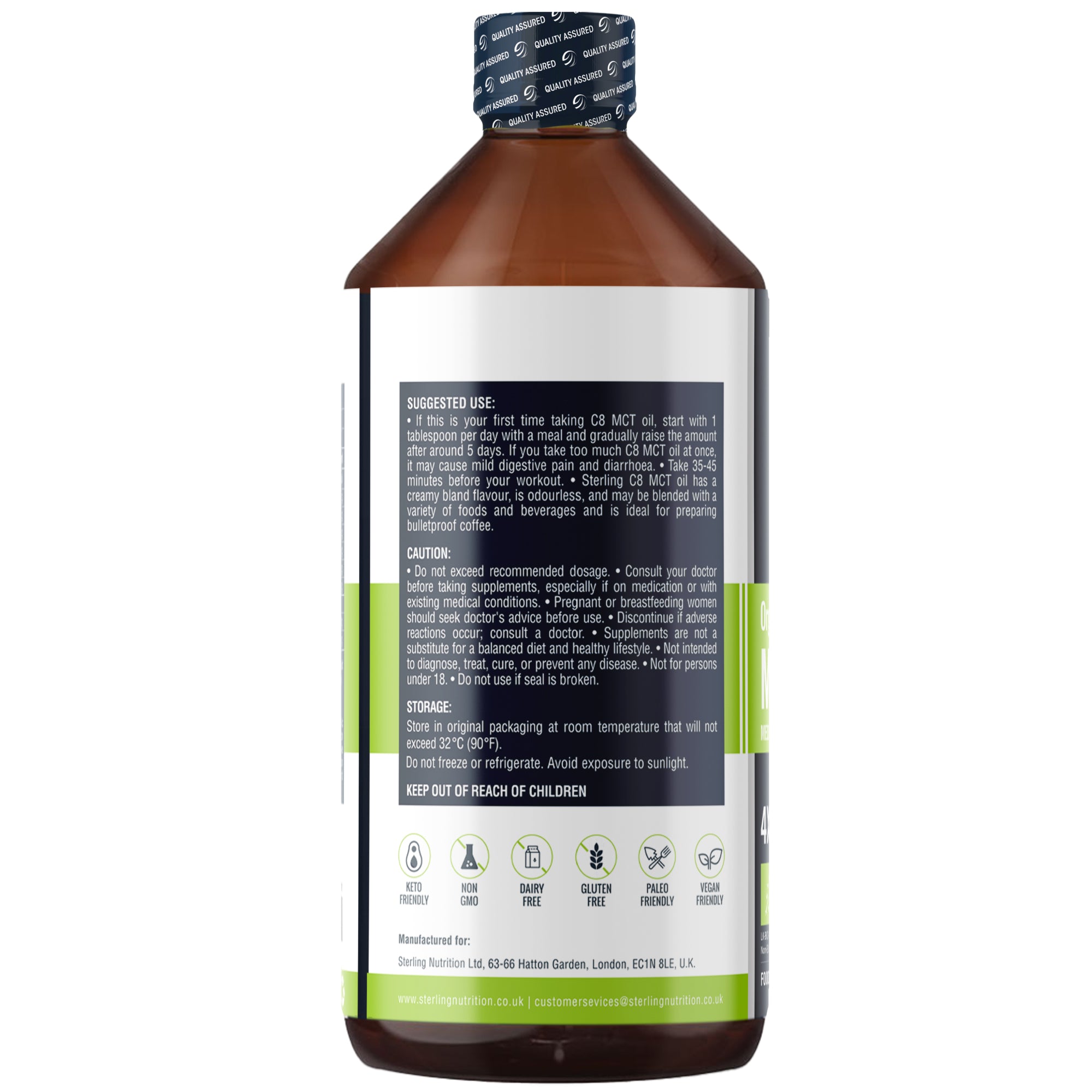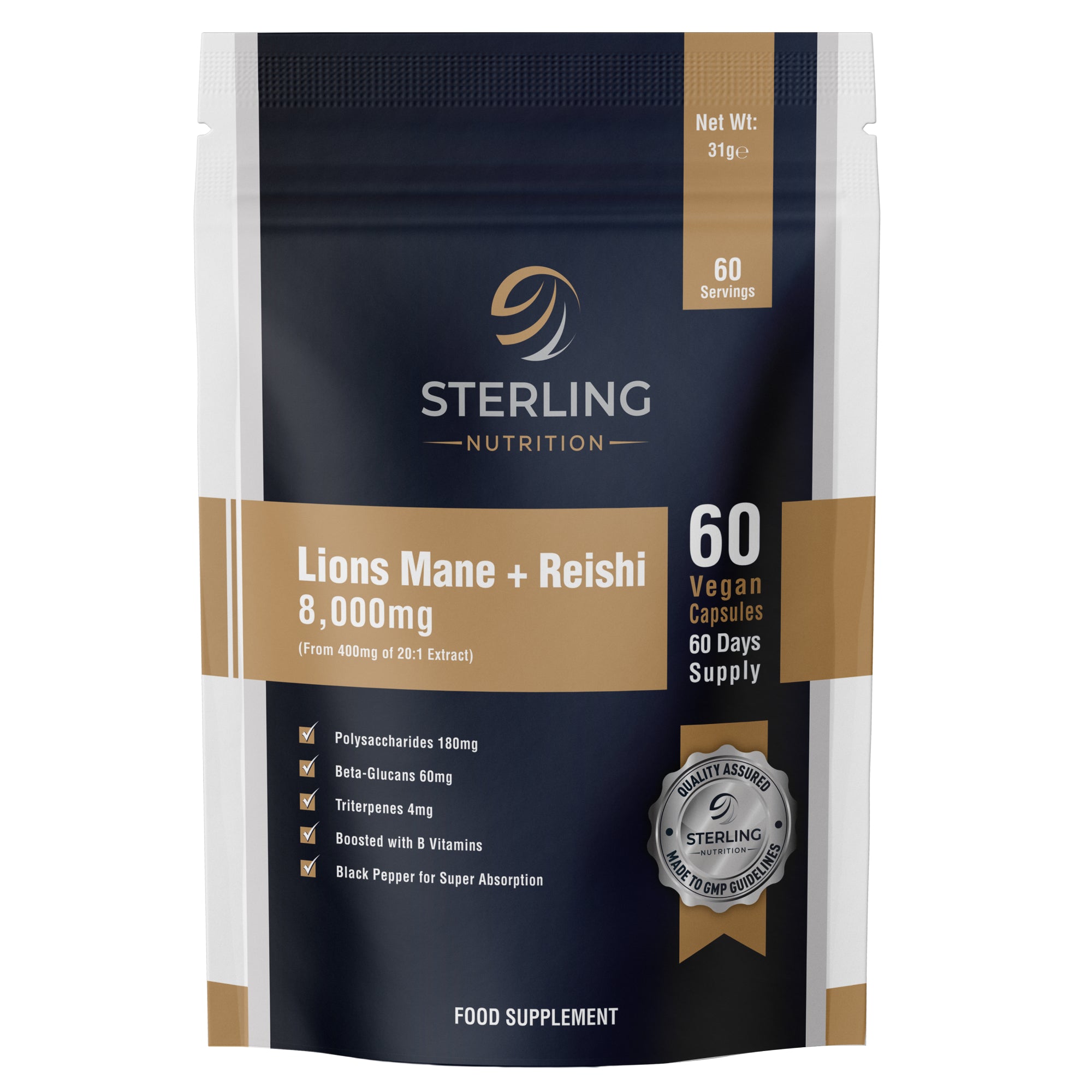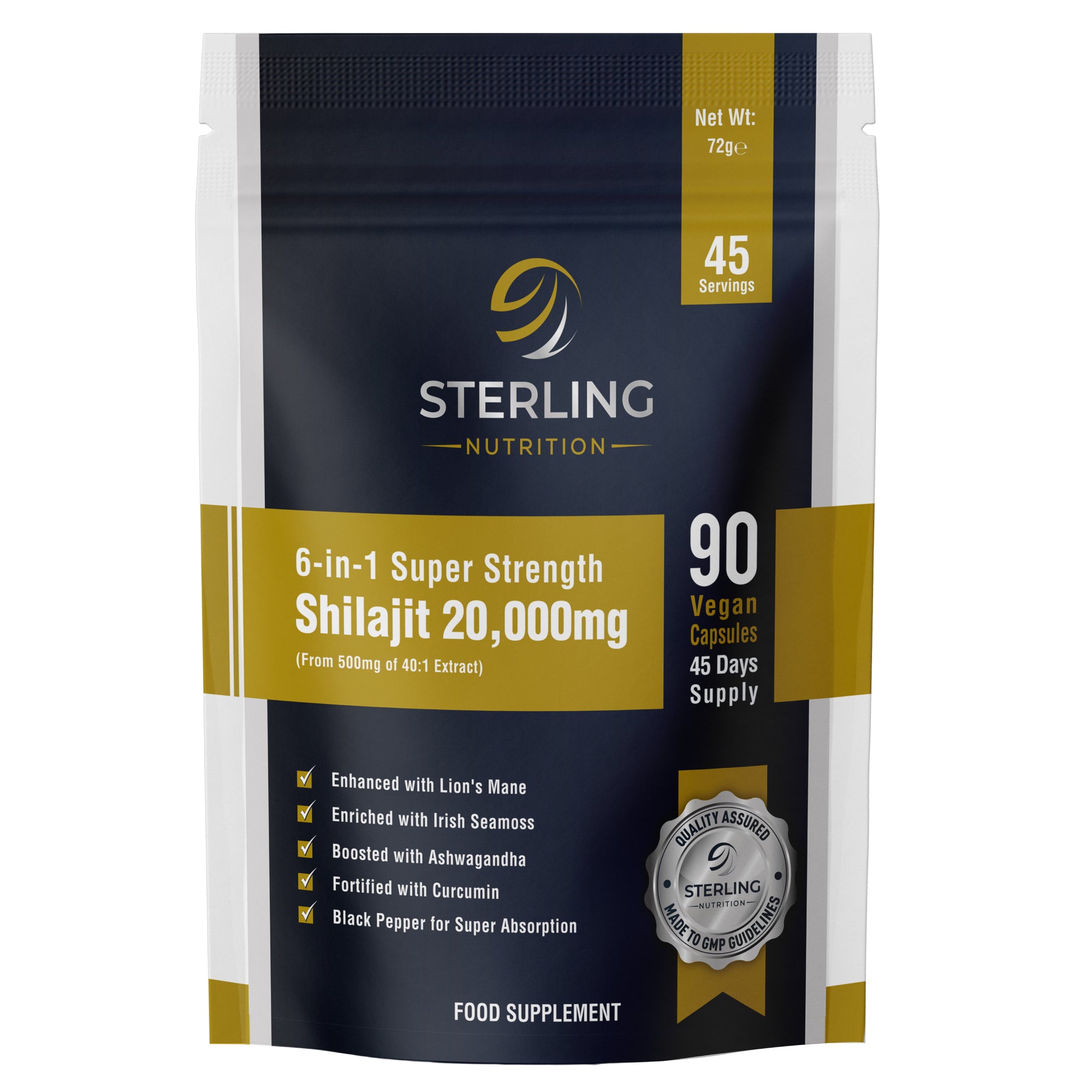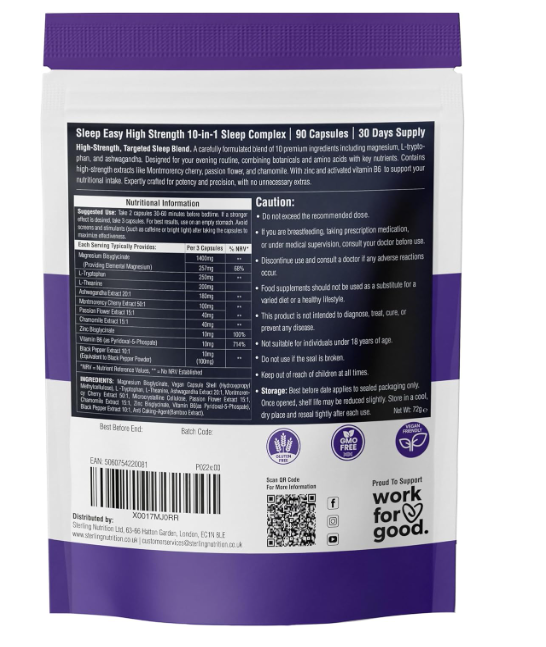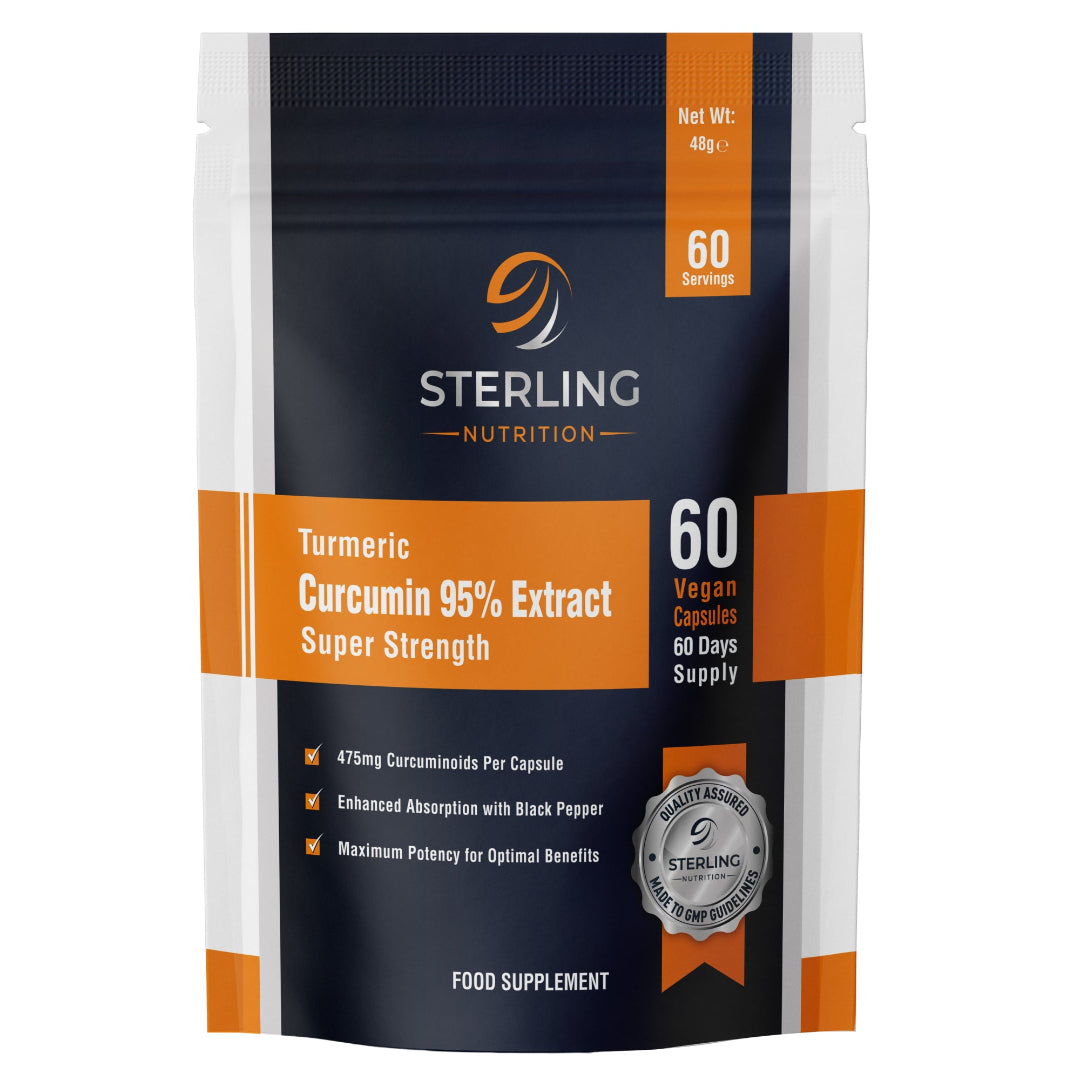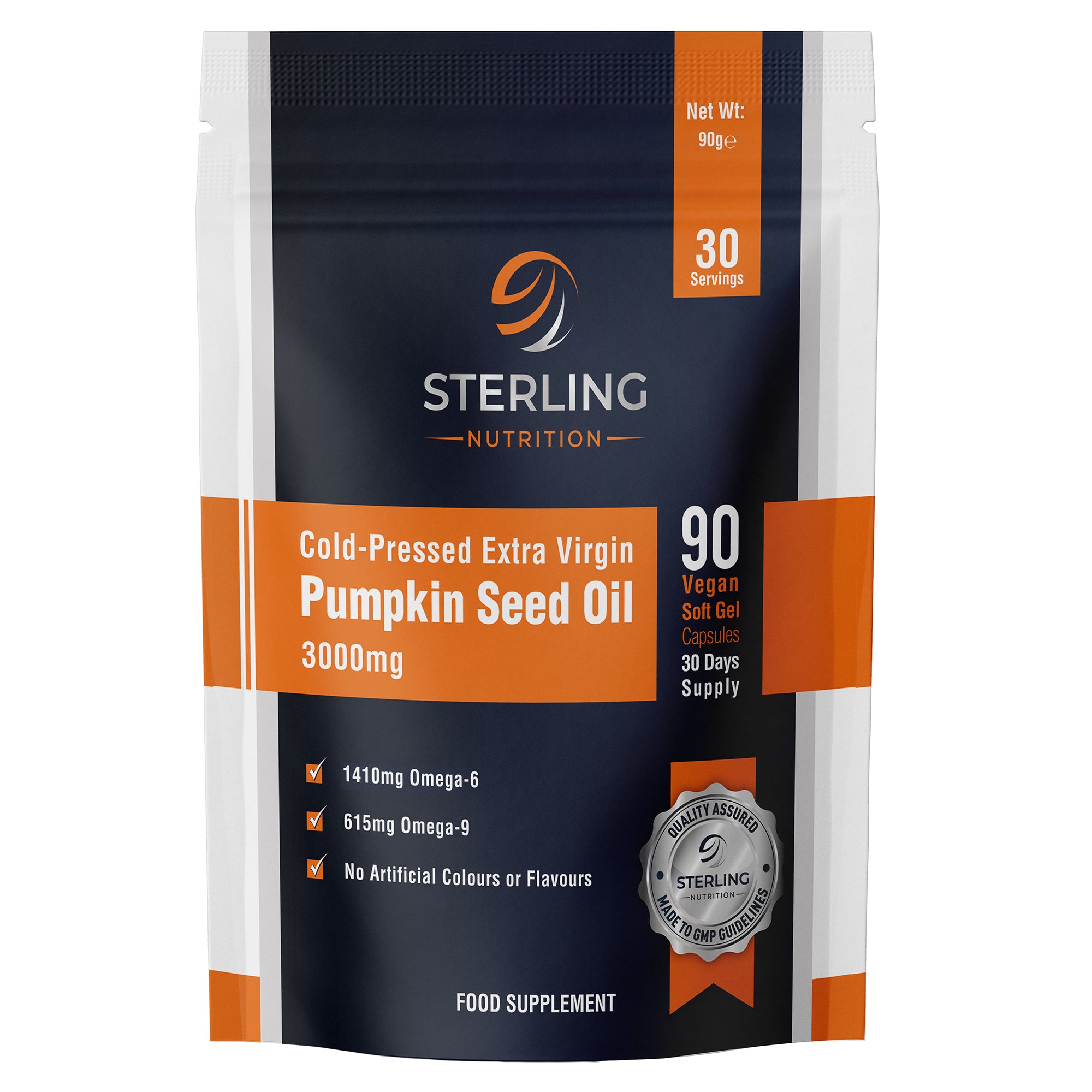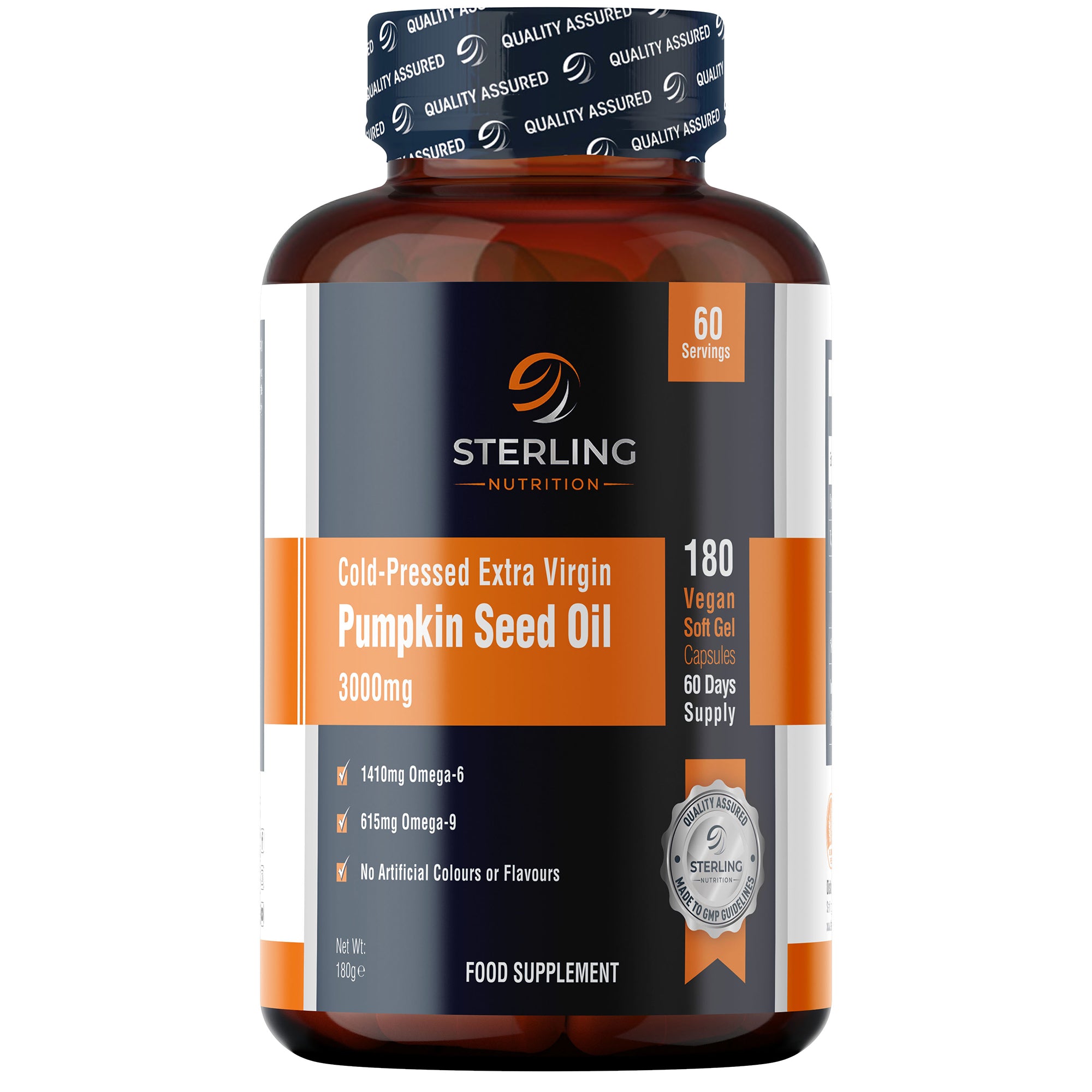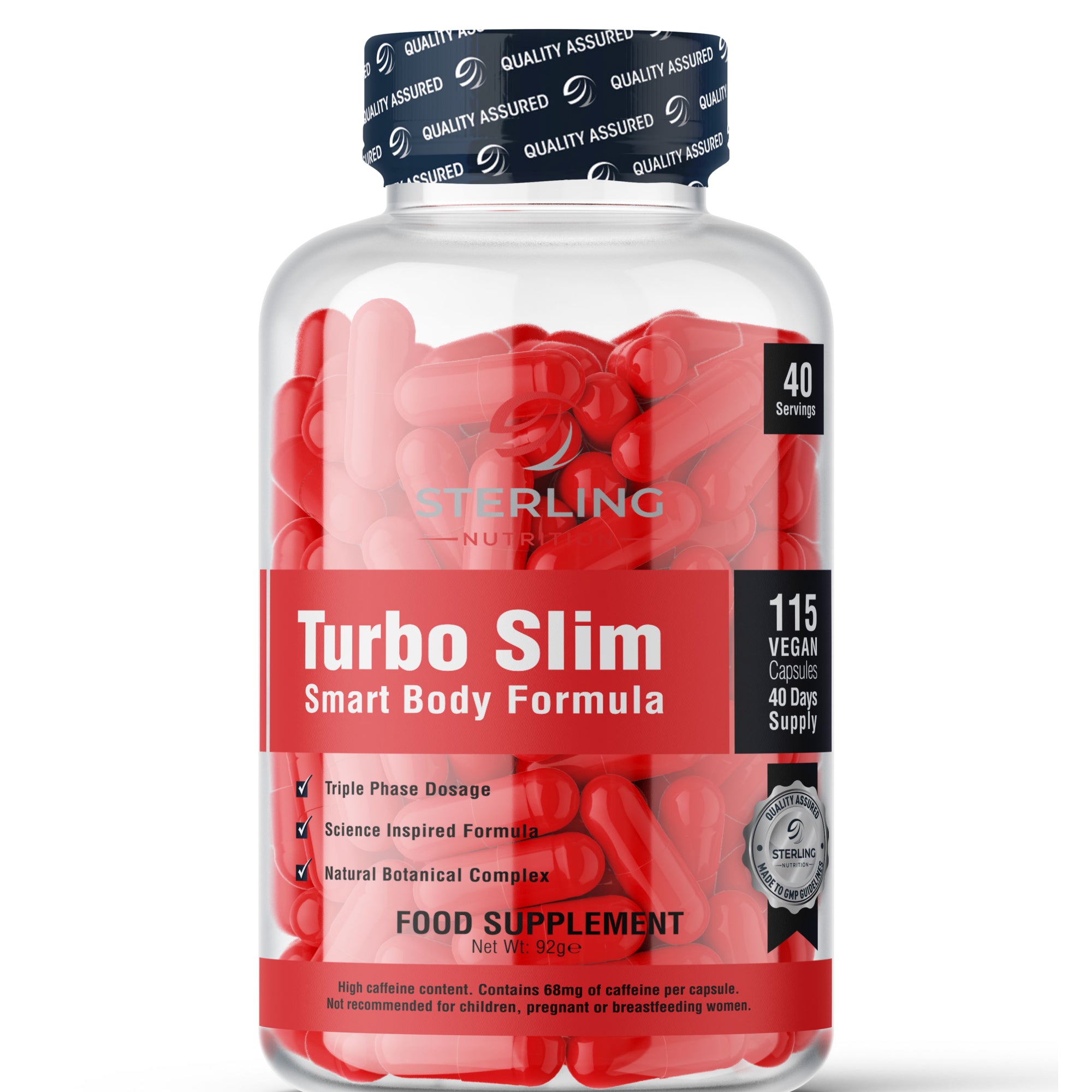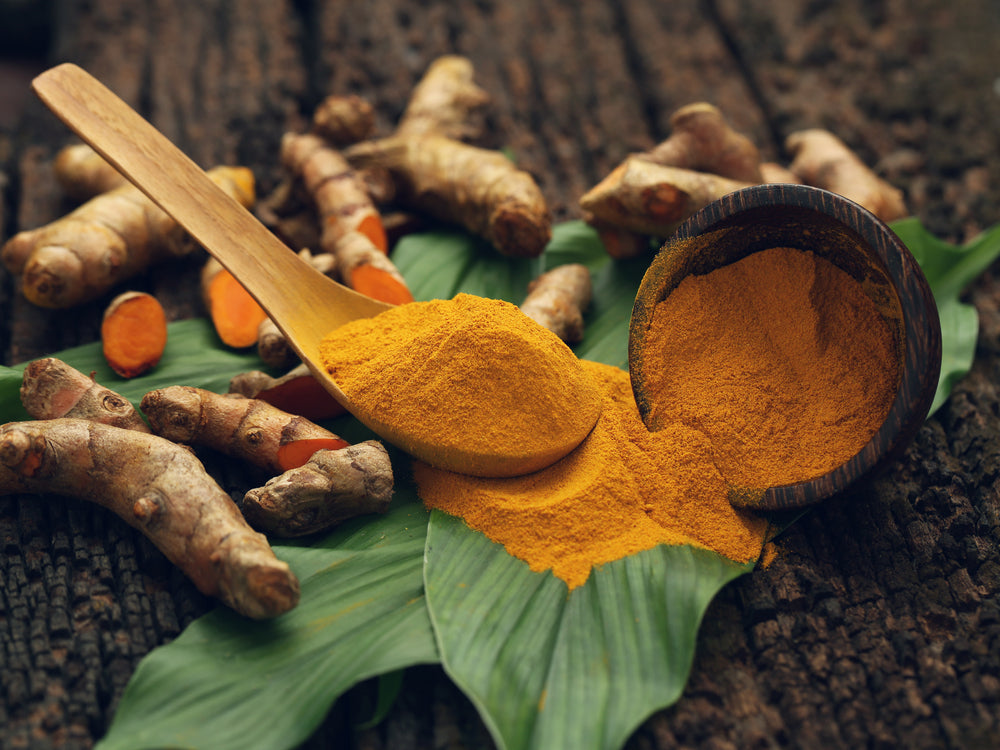
For Taste And Health: What You Need To Know About Turmeric

A person’s food should not be boring, monotonous and insipid. Spices can improve or change the taste of dishes, their aroma, and saturation. They also add healthy herbal ingredients to your meals.
It is known that many popular spices such as cloves, turmeric, rosemary, sage, cinnamon contain substances that have antioxidant, anticancer, anti-inflammatory, antifungal and antibacterial properties. Consuming certain spices regularly can reduce your risk of heart and respiratory disease.

Some spices have been touted as healing superfoods. They speed up metabolic processes, as a result of which you can easily reduce extra pounds. Let’s be realistic: if you lie on the couch, eat sweets, fast food and other “junk” food and sprinkle everything with magic spices, it is doubtful that you can lose those extra pounds.
Better, let’s find out what benefits spices bring to the body. And let’s start, for example, with turmeric, one of the most famous and widely used condiments.
Benefits Of Turmeric
Turmeric can be used to prepare many dishes, but you need to remember about the amount, which, according to many experts, should not exceed 3 grams per day. And this is about half a teaspoon. The most important thing is to observe moderation so as not to cause discomfort from excess.
Another advantage of natural seasoning is that it is a useful alternative to artificial flavours, “flavour improvers” and other synthetic additives that contain, in addition to “chemistry”, a lot of salt.

Turmeric improves the taste and gives colour to dishes; it is added in small quantities to scrambled eggs, omelette, rice dishes, pasta, chicken, beef and lamb meat, salads and soups. It is the main component of the spicy Indian curry mixture known to many, which also includes ginger, cardamom, nutmeg, coriander, cumin, black pepper, cinnamon and other spices. This mixture enhances the taste of many meat and fish dishes. Try it!
Health Benefits Of Turmeric
Usually, in alternative medicine, for example, in Ayurveda, turmeric is widely used in the treatment of inflammation, skin problems, depression and other diseases. It is believed that turmeric has a healing effect on health. It contains biologically active substances, affects the gastrointestinal tract’s functioning, and improves the digestion process. It is also credited with antibacterial, anticancer and anti-inflammatory properties.
1. Anti-Tumour Effects
Scientists have identified and studied the main substance that it contains – curcumin. And they found out if curcumin has really beneficial properties. Many studies have shown that curcumin has anti-tumour effects in vitro. But the laboratory environment is very different from the human body. There is no clear evidence that turmeric or curcumin can prevent and heal tumours. This is because curcumin has poor water solubility. It is poorly absorbed and unstable in the conditions of our body. Most of it is simply excreted from the body.
It turns out that curcumin is biologically poorly available, which means that the body cannot use it after it has been digested. In addition, if turmeric is cooked as part of a food that is subjected to heat treatment, and its active components are destroyed. That is the reason you should take turmeric supplements. It is better to mix turmeric with other spices such as ginger and black pepper. Visit our store to buy high-quality organic turmeric, ginger, black pepper supplements.

2. Therapeutic Effects
Several studies have shown that curcumin has therapeutic effects. For example, curcumin eye drops can be used to treat glaucoma. A person needs to eat 5-6 teaspoons of turmeric daily for a long time and add the spice to fat-containing foods to give a therapeutic effect. This can easily cause side effects. Therefore, it is not recommended to consume large amounts of turmeric, especially for self-medication.
3. Reduce Blood Glucose Level
Turmeric will be useful for people to prevent the development of diabetes and reduce blood triglyceride levels. Of course, if there are no contraindications – exacerbation of hepatitis, cholecystitis, cholelithiasis. In addition, it should not be used for kidney disease, during pregnancy (there are observations that turmeric can increase the tone of the uterus) and in case of individual intolerance or allergy to it.
Let’s Sum UpDespite the beneficial properties of turmeric, it should also be borne in mind that the seasoning selectively exhibits antimicrobial activity in some microbes but will be completely inactive for other bacteria. Therefore, relying on its antibacterial properties and treating infections with seasoning during illness is a bad idea.
Must Read:- All You Need To Know About The Benefits And Uses Of Turmeric





